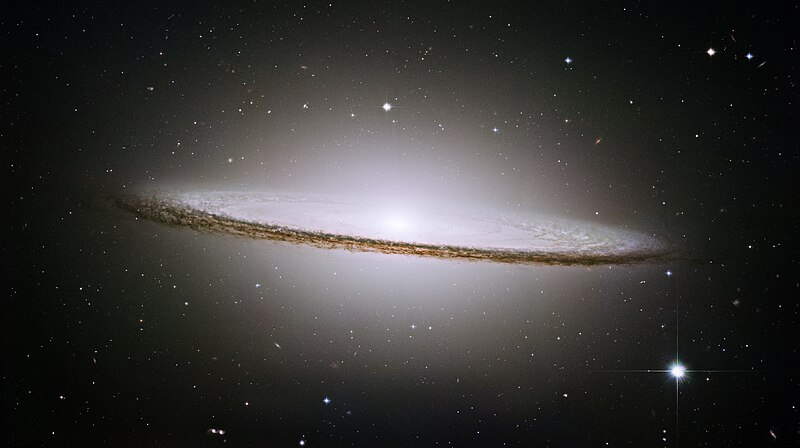Look I'm not a fan of psycho-babble but how is one to discuss the fear of dieing without contemplating the psychological ramifications.
That's exactly what psycho-babble is! ...discussions about something that you know nothing about. ...forming hypotheses based on virtually nothing but your own thoughts - no data, no studies, no evidence, no nothing. Psycho-babble.
If you want to discuss something with any degree of intelligence, you first keep your mouth shut until you've fully studied the subject, done exhaustive research, and examined every avenue of understanding. If not, then a discussion is nothing but psycho-babble ...and is essentially worthless, ...and at worst case, might actually be harmful.
It's not about being rewarded per say, it's about not having this nagging worry that one day we will full stop end.
I've said over and over again ....I know of no one who is nagged daily about dying, do you? In fact, quite the opposite ....we usually have derogatory terms for people who worry all the time about dying. Even old farts like me seldom even think about dying and death ...and I'm a lot closer to it than you are, I'll bet.
All religions alleviate this worry completely - surely THAT much we can agree to?
No, religions don't "alleviate" that fear, because that fear is essentially non-existent in the normal, average, every-day person.
And there must be a reason for this across the board commonality.
We're all human ...with human feelings and thoughts and questions. If you examine most any other thing that humans do, you'll find similar commonalities.
Baron Max

